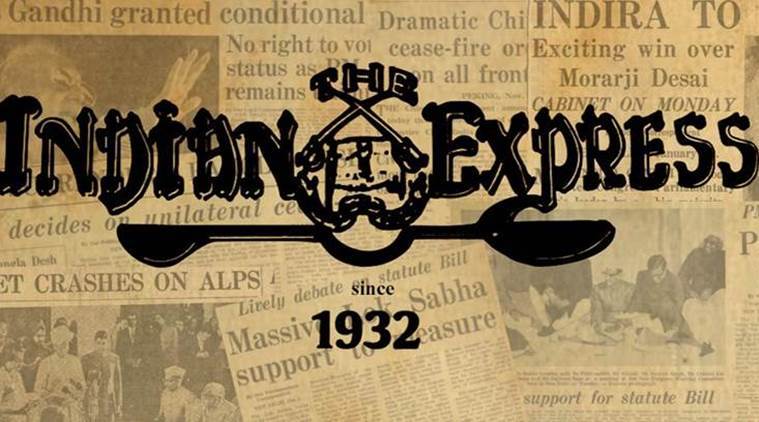Opinion Ban-wagon defect
Graded Response Action Plan lends urgency to Delhi’s efforts to curb pollution. But ban as policy instrument is problematic
 At this rate, it would take centuries to close the wide gap between Indian men and women.
At this rate, it would take centuries to close the wide gap between Indian men and women.  The Supreme Court-mandated body banned diesel generator sets, ordered the shutdown of the Badarpur Thermal Power Plant and directed brick kilns in the capital to shut production.
The Supreme Court-mandated body banned diesel generator sets, ordered the shutdown of the Badarpur Thermal Power Plant and directed brick kilns in the capital to shut production.
On Tuesday, as particulate matter in Delhi’s air increased more than four times the normal level, the Environment Pollution Prevention and Control Authority (EPCA) enforced an emergency plan which the environment ministry had notified in January. The Supreme Court-mandated body banned diesel generator sets, ordered the shutdown of the Badarpur Thermal Power Plant and directed brick kilns in the capital to shut production. The measures, which will remain in effect till March 15, are part of a Graded Response Action Plan (GRAP) that focuses on taking progressively tougher action as pollution levels rise, without waiting for an emergency to impose strict measures. The plan is a welcome departure from the past when Delhi’s authorities struggled to tackle the acrid smoke that would engulf the city after Diwali. However, the reliance on punitive measures puts a question mark on the GRAP’s capacity to confront Delhi’s pollution effectively.
The EPCA’s ban on diesel generator sets means that Delhi’s authorities will have to police a diverse set of users including malls, factories and housing societies. It could even require them to barge into wedding functions. The EPCA has also specified that if Delhi’s pollution gets worse, it will not hesitate to enforce the “odd-even” plan, order cars off the roads, shut schools. According to the apex court-mandated body, at least 16 agencies will have to work together to implement the various parts of the plan. These include municipal corporations of all the NCR towns, police, traffic police, transport departments, the Delhi Transport Corporation and Resident Welfare Associations. It remains to be seen how the EPCA ensures coordination between these agencies, some of which have made their reservations about the GRAP clear. The Delhi government, for example, remains wary about the odd-even scheme and has informed the EPCA that it needs a notice of at least a week to make alternative arrangements for public transport and create public awareness.
Experience shows that bans and punitive measures are difficult to enforce. In fact, the quality of Delhi’s air on the day after Diwali should send out a message. Pollution levels in several parts of Delhi exceeded normal standards by 10-15 times, even after the Supreme Court had ordered a ban on the sale of firecrackers in the capital. The EPCA, it seems, has also not drawn lessons from the Punjab and Haryana governments’ failure to enforce the National Green Tribunal’s ban on stubble-burning in the two states. The GRAP is an opportunity for Delhi to chart out a roadmap to confront its persistent pollution problem. If it is implemented well, the plan is sure to hold out lessons to other cities in the country. However, the EPCA and the other agencies in charge of implementing the GRAP should ensure that a well-intentioned plan is not marred by poor execution. They need to begin by rethinking the use of ban as a policy instrument.





